7 Ways to Have More by Owning Less
Inconspicuous consumption, or what lunching ladies have to do with social web karma.
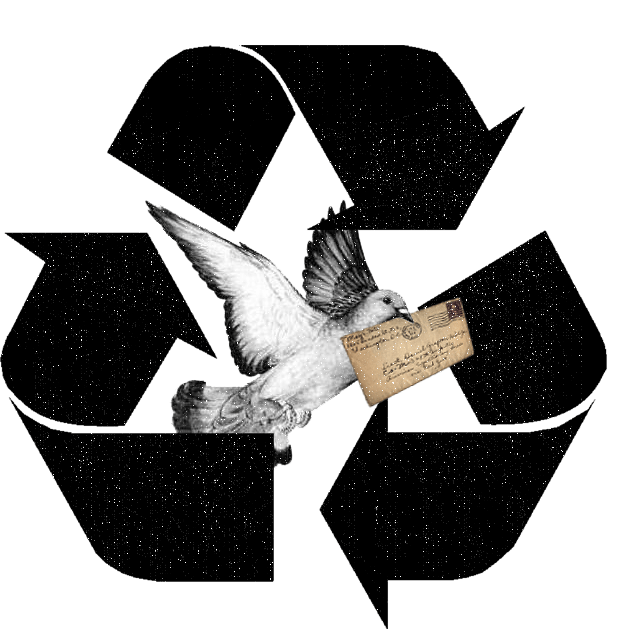 Stuff. We all accumulate it and eventually form all kinds of emotional attachments to it. (Arguably, because the marketing machine of the 20th century has conditioned us to do so.) But digital platforms and cloud-based tools are making it increasingly easy to have all the things we want without actually owning them. Because, as Wired founder and notable futurist Kevin Kelly once put it, “access is better than ownership.” Here are seven services that help shrink your carbon footprint, lighten your economic load and generally liberate you from the shackles of stuff through the power of sharing.
Stuff. We all accumulate it and eventually form all kinds of emotional attachments to it. (Arguably, because the marketing machine of the 20th century has conditioned us to do so.) But digital platforms and cloud-based tools are making it increasingly easy to have all the things we want without actually owning them. Because, as Wired founder and notable futurist Kevin Kelly once put it, “access is better than ownership.” Here are seven services that help shrink your carbon footprint, lighten your economic load and generally liberate you from the shackles of stuff through the power of sharing.
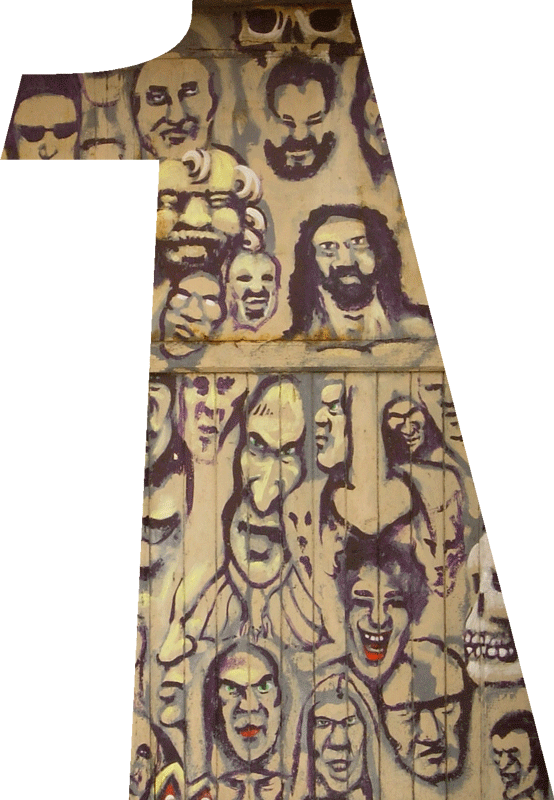 NEIGHBORGOODS
NEIGHBORGOODS
 The age of keeping up with the Jonses is over. The time of linking up with them has begin. NeighborGoods is a new platform that allows you to do just that, allowing you to borrow and lend from and to your neighbors rather than buying new stuff. (Remind us please, what happened to that fancy blender you bought and used only twice?) From lawnmowers to bikes to DVD’s, the LA-based startup dubs itself “the Craigslist for borrowing,” allowing you to both save and earn money.
The age of keeping up with the Jonses is over. The time of linking up with them has begin. NeighborGoods is a new platform that allows you to do just that, allowing you to borrow and lend from and to your neighbors rather than buying new stuff. (Remind us please, what happened to that fancy blender you bought and used only twice?) From lawnmowers to bikes to DVD’s, the LA-based startup dubs itself “the Craigslist for borrowing,” allowing you to both save and earn money.
Transparent user ratings, transaction histories and privacy controls make the sharing process simple and safe, while automated calendars and reminders ensure the safe return of loaned items.
Give NeighborGoods a shot by creating a sharing group for your apartment building, campus, office, or reading group — both your wallet and your social life will thank you.
UPDATE: Per the co-founder’s kind comment below, we should clarify that NeighborGoods also allows you to import your Twitter and Facebook friends from the get-go, so you have an instant group to share with.
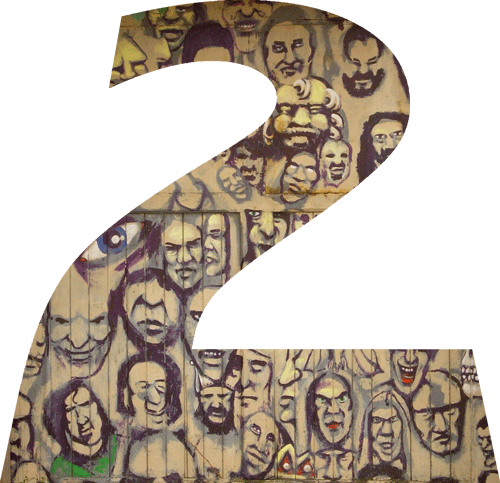 SNAPGOODS
SNAPGOODS
 Similarly to Neighborgoods, SnapGoods allows you to rent, borrow and lend within your community. SnapGoods takes things step further by expanding the notion of “community” not only to your local group — neighborhood, office or apartment building — but to your social graph across the web’s trusted corners. The site features full Facebook and Meetup integration, extending your social circle to the cloud.
Similarly to Neighborgoods, SnapGoods allows you to rent, borrow and lend within your community. SnapGoods takes things step further by expanding the notion of “community” not only to your local group — neighborhood, office or apartment building — but to your social graph across the web’s trusted corners. The site features full Facebook and Meetup integration, extending your social circle to the cloud.
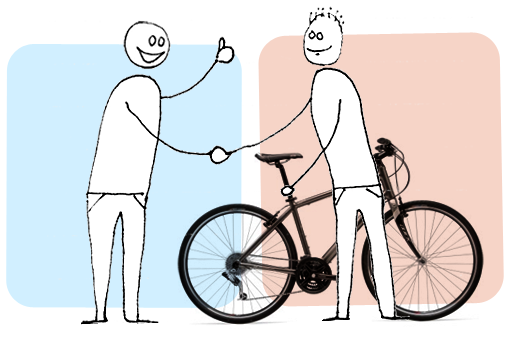
You can browse the goods people in your area are lending or take a look at what they need and lend a hand (or a sewing machine, as may be the case) if you’ve got the goods.
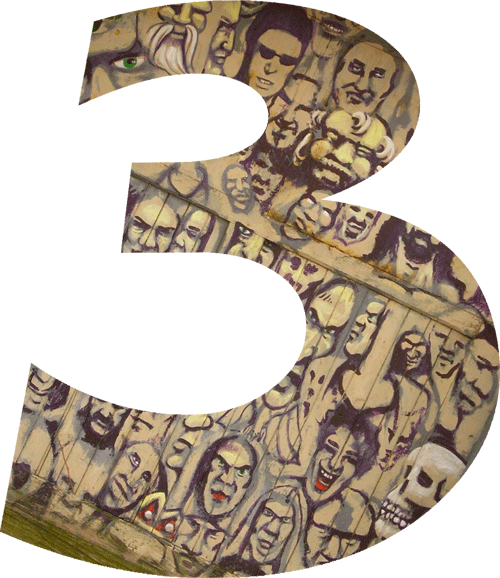 LANDSHARE
LANDSHARE
 Growing one’s own produce is every hipster-urbanite’s pipe dream. But the trouble with it is that you have to actually have a place to grow it. And while a pot of cherry tomatoes on in your fire escape is better than nothing, it’s hardly anything. Enter Landshare, a simple yet brilliant platform for connecting aspiring growers with landowners who have the space but don’t use it.
Growing one’s own produce is every hipster-urbanite’s pipe dream. But the trouble with it is that you have to actually have a place to grow it. And while a pot of cherry tomatoes on in your fire escape is better than nothing, it’s hardly anything. Enter Landshare, a simple yet brilliant platform for connecting aspiring growers with landowners who have the space but don’t use it.
Though currently only available in the U.K., we do hope to see Landshare itself, or at least the concept behind it, spread worldwide soon.
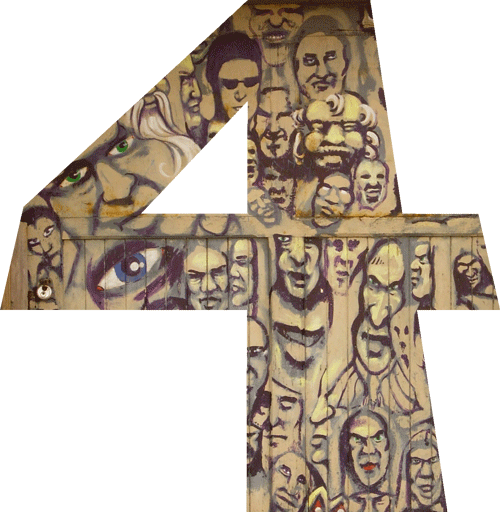 SWAPTREE
SWAPTREE
 swaptree is a simple yet brilliant platform for swapping your media possessions — from books to DVD’s to vinyl — once they’ve run its course in your life as you hunt for the next great thing. Since we first covered swaptree nearly three years ago, the site has facilitated some 1.6 million swaps, saving its users an estimated $10.3 million while reducing their collective carbon footprint by 9.3 million tons.
swaptree is a simple yet brilliant platform for swapping your media possessions — from books to DVD’s to vinyl — once they’ve run its course in your life as you hunt for the next great thing. Since we first covered swaptree nearly three years ago, the site has facilitated some 1.6 million swaps, saving its users an estimated $10.3 million while reducing their collective carbon footprint by 9.3 million tons.
Inspired by the founders’ moms, whose lunch dates with girlfriends turned into book-swap clubs, swaptree makes sure that the only thing between you and the latest season of 24 is the price of postage.
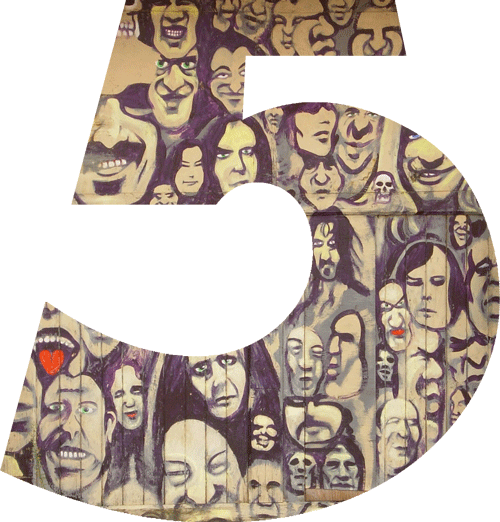 GIFTFLOW
GIFTFLOW
 Most of us are familiar with the concept of regifting. (No disrespect, but the disconnect between good friends and good taste is sometimes astounding.) Luckily, GiftFlow allows you to swap gifts you don’t want for ones other people don’t want but you do. The platform is based on a system of karmic reputation, where your profile shows all you’ve given and taken, building an implicit system of trust through transparency.
Most of us are familiar with the concept of regifting. (No disrespect, but the disconnect between good friends and good taste is sometimes astounding.) Luckily, GiftFlow allows you to swap gifts you don’t want for ones other people don’t want but you do. The platform is based on a system of karmic reputation, where your profile shows all you’ve given and taken, building an implicit system of trust through transparency.
So go ahead, grandma. Hit us with your latest sweet but misguided gift. Chances are, there’s someone out there who’d kill for that kitschy music box.
 ZIPCAR
ZIPCAR
 We’re big proponents of bikesharing but, to this point, the concept has failed to transcend local implementations. While some cities like Paris, Amsterdam and Denver are fortunate enough to have thriving bikesharing programs, we’re yet to see a single service available across different locations. Until then, we’d have to settle for the next best sharing-based transportation solution: Zipcar, a 24/7, on-demand carsharing service that gives its members flexible access to thousands of cars across the U.S., U.K. and Canada. Zipcar has been around for quite some time years and most people are already familiar with it, so we won’t overelaborate, but suffice it to say the service is the most promising solution to reducing both traffic congestion and pollution in cities without reducing the actual number of drivers.
We’re big proponents of bikesharing but, to this point, the concept has failed to transcend local implementations. While some cities like Paris, Amsterdam and Denver are fortunate enough to have thriving bikesharing programs, we’re yet to see a single service available across different locations. Until then, we’d have to settle for the next best sharing-based transportation solution: Zipcar, a 24/7, on-demand carsharing service that gives its members flexible access to thousands of cars across the U.S., U.K. and Canada. Zipcar has been around for quite some time years and most people are already familiar with it, so we won’t overelaborate, but suffice it to say the service is the most promising solution to reducing both traffic congestion and pollution in cities without reducing the actual number of drivers.
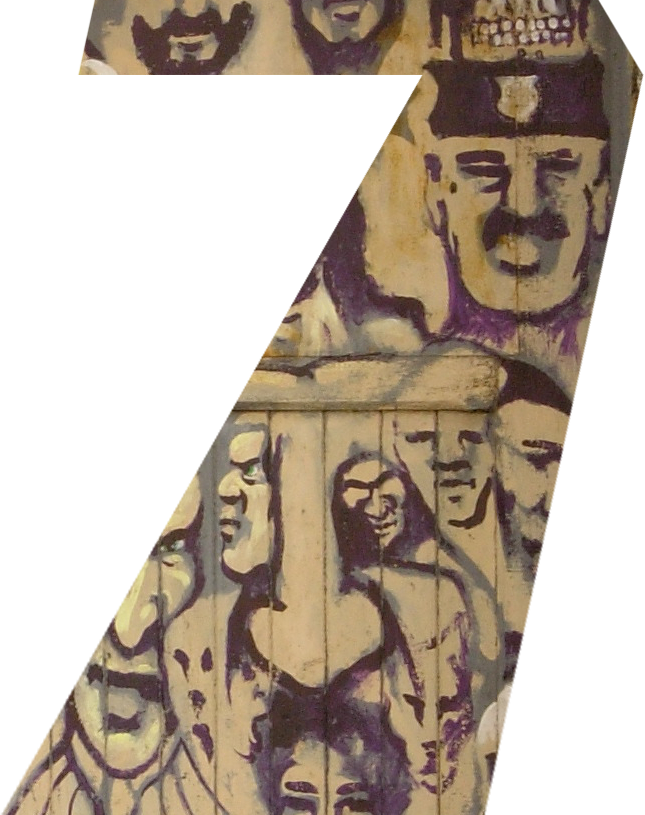 SHARE SOME SUGAR
SHARE SOME SUGAR
 Lend me some sugar, I am your neighbor. More than an Outkast lyric line, this is the inspiration behind share some sugar — a celebration of neighborliness through the sharing of goods and resources. Much like SnapGoods and NeighborGoods, the service lets you borrow, rent and share stuff within your neighborhood or group of friends
Lend me some sugar, I am your neighbor. More than an Outkast lyric line, this is the inspiration behind share some sugar — a celebration of neighborliness through the sharing of goods and resources. Much like SnapGoods and NeighborGoods, the service lets you borrow, rent and share stuff within your neighborhood or group of friends
* * *
For more on the culture of shared resources, do watch Rachel Botsman’s excellent TEDxSyndney talk. Her forthcoming book, What’s Mine Is Yours: The Rise of Collaborative Consumption, hits bookstores in two weeks and is an absolute must-read.
UPDATE: Botsman’s book, What’s Mine Is Yours: The Rise of Collaborative Consumption, is now out and landed promptly on our best books in business, life and mind shortlist for 2010.
This article is reprinted with permission of Maria Popova. She is a cultural curator and curious mind at large, who also writes for Wired UK, The Atlantic and Design Observer, and is the founder and editor in chief of Brain Pickings.
SHARE YOUR REFLECTION
11 Past Reflections


On May 2, 2013 Dr. Kanhaiyalal Sharma wrote:
Life is good for those who look at it so.

On Apr 17, 2013 Sam Chelladurai wrote:
Seven ways to have more and owning less is a wondeful idea. When I was a child this practice was very much alive in rural India. When a guest come to neighbour's house, that aunt will rush to my mother asking for half a cup of milk. Some days my mom used to borrow bucket to fetch water from the well. My brother always used to borrow his freind's bicycle to reach me to the railway station. Now I live in a metro city called Bangalore, India. More than ten million people, many dont knwo who is your neiughbour, what they are. Many dont even smile at each other. Vey suspecious and selffish. I want to move to my village again shortly. When? I dont knwo!!!

On Apr 9, 2013 James Christopher Douglas wrote:
Does anyone remember or has heard of the Whole Earth Catalog?!

On Jul 27, 2012 Christian A Gyanson wrote:
Indeed giving is a virtue which is worth emulating.Except something of value leaves, you can gain nothing

On Apr 15, 2012 Humblekat wrote:
Dont forget paperbackswap swapacd and swapadvd all great.

On Mar 15, 2012 Bluemoon369 wrote:
What a great article!!! Thanks for all the good examples of ways to share and repurpose goods/services. I live in Skagit County, WA, and we have an online sharing group called Freecycle. The idea is that all week long you post stuff you want to give away. On Fridays you're allowed to post items you want. This is a vibrant and active network that has done a lot of good.

On Aug 12, 2011 Ganoba Date wrote:
These and many other similar practices were common place in India. But in aping the modernism of the west we have discarded many of these. Now we have to learn them from the west. how funny.

On Aug 11, 2011 Driftergifter wrote:
Following the same idea as Landshare, there is a website called Hyperlocavore (http://hyperlocavore.ning.com) that connects gardners without land to landowners without gardens. It includes all of the U.S., but I don't think it has any geographical limitations.

On Aug 11, 2011 Maya Vati wrote:
I would like to suggest sharing with people who have few possessions through donating to charities, especially those that send clothes to the Third World - why burden friends with the stuff we want to shed ourselves? That does not strike me as a loving action. If a charity sells things in a UK charity shop, bothering to use the Gift Aid scheme means they get greater value from what they sell.

On Aug 11, 2011 M_v_mohan wrote:
This concept was a thought at the back of my mind since I was young and which I never really shared with anyone till now, since all these years, I never saw anyone actually sharing anything with anybody, except for a few good samaritans who had a mindset like mine. Kudos to your movement!

On Dec 31, 2013 sftroybob wrote:
your swaptree link is pointing to the wrong web address. should be http://www.swaptrees.com/ ;-)
Post Your Reply